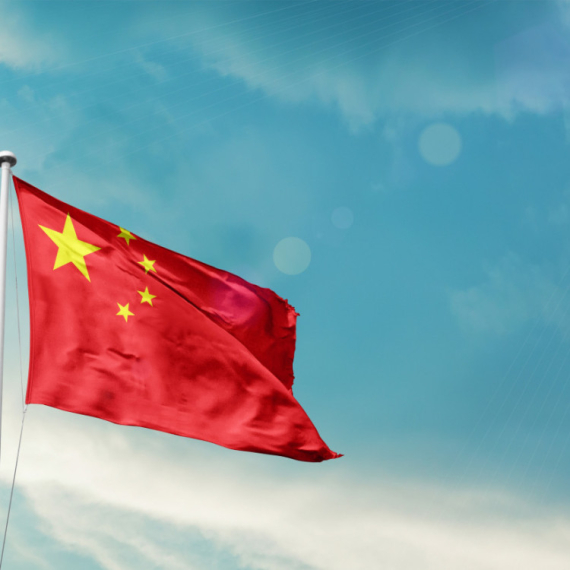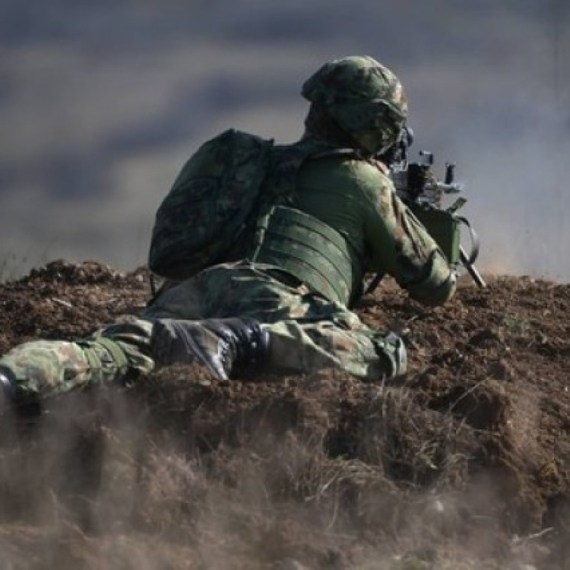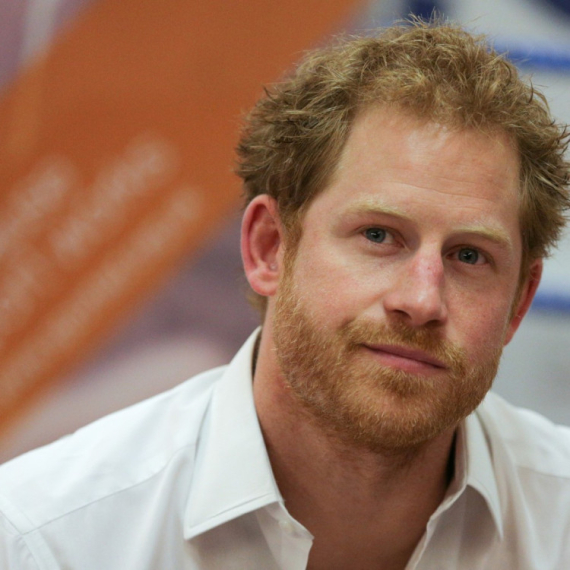Argentina appeals to UN over Falklands
Washington “refused to support British claims on the sovereignty of the Falkland Islands”, reports Argentina's Momento24 website.
Thursday, 25.02.2010.
10:40

Washington “refused to support British claims on the sovereignty of the Falkland Islands”, reports Argentina's Momento24 website. In the meantime, the diplomatic row over oil drilling in the South Atlantic intensified in London, Buenos Aires and the UN. Argentina appeals to UN over Falklands Despite the close military alliance that Britain has with the United States, the Obama administration is determined not to be involved in the issue. It has also refused to support Britain’s claim that oil exploration around the islands not be sanctioned by international law, saying the dispute is strictly a bilateral issue. Argentina's Foreign Minister Jorge Taiana made a request to the General Secretary of the United Nations, Ban Ki-moon, to intervene in the dispute, a move that Britain strongly opposed. “We have requested the general secretary that within the framework of the framework of their good offices, to stress to the UK he need to abstain from further unilateral acts,” Taiana told reporters after the meeting with Ban. Taiana said that “the UK oil exploration in the Falkland Islands, is a unilateral act in a long chain of likewise events, which we believe are illegal and contrary to international law, which calls not perform acts that would aggravate the situation.” The chancellor said he had told Ban about “the need to comply with the requests of the UN’s various resolutions and the Committee’s on decolonization in relation to the need to sit down and negotiate with Argentina about the sovereignty dispute over the islands. “ Upon leaving the meeting Taiana said Argentina is willing to dialogue and to comply with a UN mandate but that Britain rejected these requests. An UN aide acknowledged, however, that Ki-moon would not be able to mediate in the opposition from Great Britain. Sir Mark Lyall Grant, Britain’s Ambassador to the UN, said: “As British ministers have made clear, the UK has no doubt about its sovereignty over the Falkland Islands, South Georgia and the Sandwich Islands... We are also clear that the Falkland Islands Government is entitled to develop a hydrocarbons industry within its waters, and we support this legitimate business in Falklands’ territory.” Senior US officials insisted that Washington’s position on the Falklands was one of longstanding neutrality. This is in stark contrast to the public backing and vital intelligence offered by President Reagan to Margaret Thatcher once she had made the decision to recover the islands by force in 1982. “We are aware not only of the current situation but also of the history, but our position remains one of neutrality,” a State Department spokesman told The Times. “The US recognises de facto UK administration of the islands but takes no position on the sovereignty claims of either party.” Kevin Casas-Zamora, a Brookings Institution analyst and former vice-president of Costa Rica, said that President Reagan’s support for Britain in 1982 “irked a lot of people in Latin America”. The Obama Administration “is trying to split the difference as much as it can because it knows that coming round to the British position would again create a lot of ill will in the region”, he said. British officials in Washington said that they were comfortable with the US response to the dispute, but indicated that any American support for mediated negotiations would not be well received. It was “up to the islanders whether they want mediation or not”, one official said. Britain has boosted the islands’ defenses since the conflict, Admiral Sir Mark Stanhope, the First Sea Lord, said last night. “We have built a massive runway. We have emplaced forces on the ground, we have sophisticated early warning systems. It is a different package. To compare the way we dealt with the issues in 1982 with today is nonsense,” he said.
Argentina appeals to UN over Falklands
Despite the close military alliance that Britain has with the United States, the Obama administration is determined not to be involved in the issue. It has also refused to support Britain’s claim that oil exploration around the islands not be sanctioned by international law, saying the dispute is strictly a bilateral issue.Argentina's Foreign Minister Jorge Taiana made a request to the General Secretary of the United Nations, Ban Ki-moon, to intervene in the dispute, a move that Britain strongly opposed.
“We have requested the general secretary that within the framework of the framework of their good offices, to stress to the UK he need to abstain from further unilateral acts,” Taiana told reporters after the meeting with Ban.
Taiana said that “the UK oil exploration in the Falkland Islands, is a unilateral act in a long chain of likewise events, which we believe are illegal and contrary to international law, which calls not perform acts that would aggravate the situation.”
The chancellor said he had told Ban about “the need to comply with the requests of the UN’s various resolutions and the Committee’s on decolonization in relation to the need to sit down and negotiate with Argentina about the sovereignty dispute over the islands. “
Upon leaving the meeting Taiana said Argentina is willing to dialogue and to comply with a UN mandate but that Britain rejected these requests.
An UN aide acknowledged, however, that Ki-moon would not be able to mediate in the opposition from Great Britain.
Sir Mark Lyall Grant, Britain’s Ambassador to the UN, said: “As British ministers have made clear, the UK has no doubt about its sovereignty over the Falkland Islands, South Georgia and the Sandwich Islands... We are also clear that the Falkland Islands Government is entitled to develop a hydrocarbons industry within its waters, and we support this legitimate business in Falklands’ territory.”
Senior US officials insisted that Washington’s position on the Falklands was one of longstanding neutrality. This is in stark contrast to the public backing and vital intelligence offered by President Reagan to Margaret Thatcher once she had made the decision to recover the islands by force in 1982.
“We are aware not only of the current situation but also of the history, but our position remains one of neutrality,” a State Department spokesman told The Times. “The US recognises de facto UK administration of the islands but takes no position on the sovereignty claims of either party.”
Kevin Casas-Zamora, a Brookings Institution analyst and former vice-president of Costa Rica, said that President Reagan’s support for Britain in 1982 “irked a lot of people in Latin America”.
The Obama Administration “is trying to split the difference as much as it can because it knows that coming round to the British position would again create a lot of ill will in the region”, he said.
British officials in Washington said that they were comfortable with the US response to the dispute, but indicated that any American support for mediated negotiations would not be well received. It was “up to the islanders whether they want mediation or not”, one official said.
Britain has boosted the islands’ defenses since the conflict, Admiral Sir Mark Stanhope, the First Sea Lord, said last night. “We have built a massive runway. We have emplaced forces on the ground, we have sophisticated early warning systems. It is a different package. To compare the way we dealt with the issues in 1982 with today is nonsense,” he said.

















































Komentari 30
Pogledaj komentare